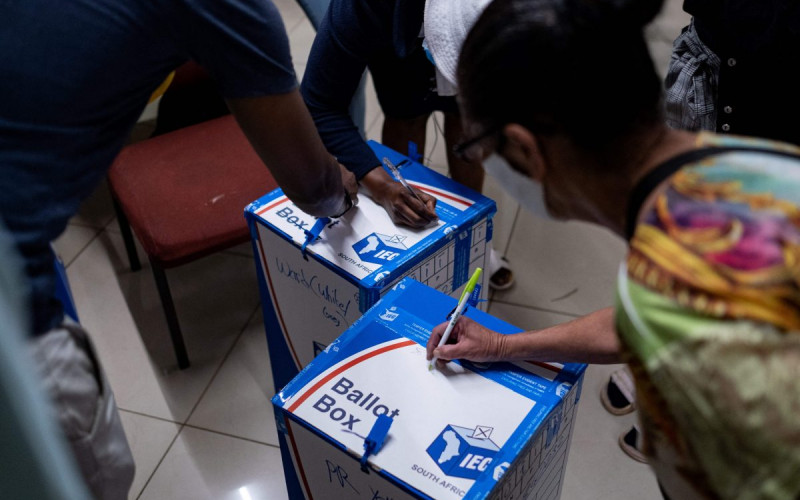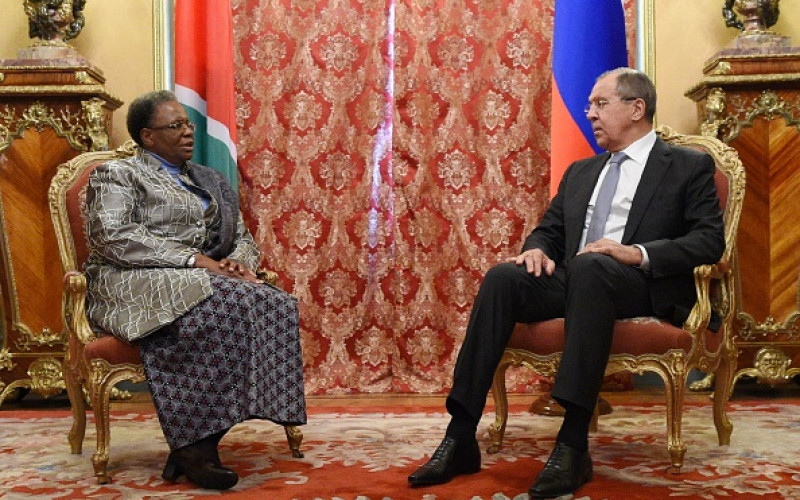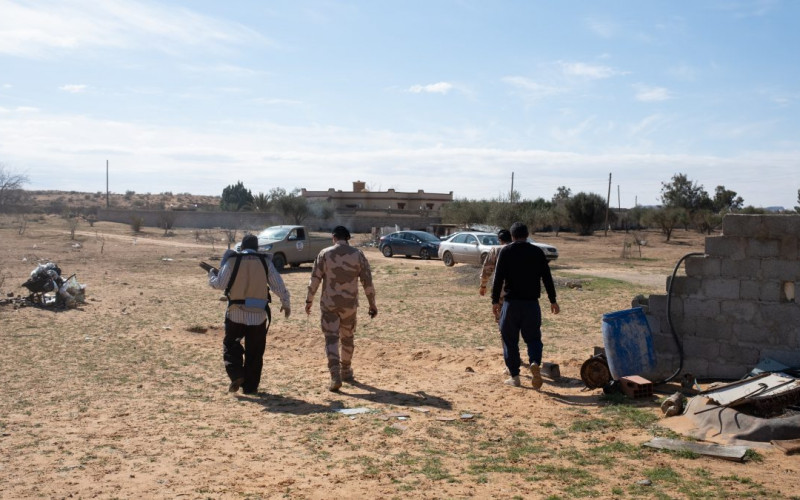In February, residents of Phomolong, a township near the South African mining town of Welkom, looted local businesses and threatened to attack resident officials perceived as corrupt. Two days later, another township, Mmamahabane, erupted in violence as residents tried to block traffic on a main highway to publicise their frustrations. Similar episodes erupted across the Free State province, in central South Africa.
The spark for the riots was the region’s archaic ‘bucket system’ of sanitation: many townships have no flush toilets and rely on often delinquent municipal workers to carry away fetid buckets of human waste. Although failure to pick up the buckets fuelled the riots, protestors turned violent to denounce much deeper problems of widespread municipal corruption, poor sanitation, bad housing and a long list of undelivered government promises.
The situation in the heart of sub-Saharan Africa’s most developed country ought to be a warning to advocates of massive increases in aid to Africa.
Just not enough
Britain’s Commission for Africa report calls for a ‘big push’ in spending on healthcare, education, roads, sanitation and other services by rich donor countries to help Africa achieve the Millennium Development Goals of halving poverty by 2015.
Yet, South Africa’s attempt at eradicating poverty through spending more on services to the poor shows that committing more money alone is not enough to get results. Of all African countries, South Africa is probably the best equipped to tackle poverty. It has wealth and resources, and the government has shown commitment to helping the poor. Yet this wave of riots exposed the gap between President Thabo Mbeki’s vision for improving the lives of the poor and actual progress on the ground.
Each year the national government allocates more money – in the form of grants to local governments administered by the provinces – to meeting its goals of halving poverty and unemployment by 2014. Yet a large part of this money remains unspent. As of last December, only 56% of all Municipal Infrastructure Grant funds provided to the provinces for local service delivery projects had been allocated. Even at national level many ministries chronically fail to spend the funds allocated to them and large portions of donor a id has sat unspent.
Delivering his State of the Nation address in February, Mbeki acknowledged that his government has a human resources problem that is impeding its ability to deliver services to the people.
‘We have to deal with those within the public service who, because of their negligence and tardiness, deny many of our people services due to them, in instances where resources have been made available to deliver those services,’ the President said.
‘I’m puzzled,’ said Minister of Education Naledi Pandor after Mbeki’s address. ‘Provinces will say they have no funding, but when I check the numbers I discover that they have not used their infrastructural grants,’ she told the Mail & Guardian.
However, Helen Suzman Foundation Director Lawrence Schlemmer argues that the central government failed to consider the lack of skills and resources in public administration when laying out its ambitious poverty alleviation schemes.
‘The rather heroic phrase “rolling out” is regularly used, suggesting vast carpets of reform being spread across the landscape of need,’ he recently wrote in Business Day. ‘All too often, however, the carpets of delivery have so many holes that they fall short of the coverage intended. It is not for want of good intentions – government really wants to help the poor – but its intentions far outstrip its ability.’
Lack in delivery
In his most recent report to parliament, South Africa’s auditor-general found that 61% of all senior management posts in the provincial and local government departments responsible for service delivery were vacant. Local and provincial governments in particular are hobbled by the lack of people with the skills in project management, accounting and engineering that are needed to deliver services on the ground. According to government figures, only around 8% of government workers qualify as ‘highly skilled,’ while roughly 90% are considered either low- or semi-skilled.
The riots in the Free State have at last made these shortcomings painfully clear to government, critics say. During the violence that spread out from the Ntabazwe township near Harrismith, after police killed a youth during a demonstration last September, local councillors reportedly refused to meet their constituents because they feared for their own safety.
Visiting the province two weeks after the shooting, Mbeki lambasted local officials: ‘Of course, resources are limited, but still, why should stinking buckets not be collected for two weeks? Why are the taps not fixed?’ he demanded.
According to Siyabonga Memela, manager of the local government centre at the Institute for Democracy in Southern Africa, one of the main reasons is that the task of rolling out services ultimately falls on the sector of government least able to cope with it: the municipalities. Poor rural communities, which have the greatest need of development, also suffer because the people with the ability to solve local problems have migrated to the cities.
‘A lot of grants are available for local municipalities, but there is always under-accessing because nobody in local government is able to put together projects to address the development needs of the communities,’ he said.
Politics, rather than need, often dictates where new government housing and services are provided, he says. In the Phomolong township, for example, residents complained that precious public works jobs were allocated not by the prescribed system of drawing ID books from a bucket at random, but according to the whims of local officials. In other communities, officials pay themselves exorbitant salaries and drive luxury cars, but refuse to fill vacant posts or balance municipal budgets, Memela said.
Visiting some of the communities torn by civic unrest in the Free State, Darryl Worth, who represents the province on the local government committee of the National Council of Provinces, said he was shocked by the evidence he saw of corruption and ineptitude. In one township, he saw abandoned piles of bricks that were provided at least three years ago for new government houses, which were never built.
Money is routinely squandered in corrupt tendering processes and on projects that are never completed, he said, while municipalities also fail to take advantage of grant funding opportunities because their finances are in disarray. For example, municipal governments entitled to claim back money from the province for providing basic water and electricity to the poor often fail to do so because no-one is keeping track, he said.
According to Business Day, a survey of all 284 municipalities conducted last year by government found that nearly half needed urgent help with managing their billing systems, municipal debts and service delivery programmes. Government has responded by establishing Project Consolidate, a programme that will mobilise teams of consultants to help 136 municipalities sort out issues ranging from corruption and political infighting to accounting ineptitude.
‘Now we realise that it does not matter what policies people in the first and second coaches of the gravy train produce if the group in the last coach have no capacity to implement,’ President Mbeki said at a local government conference in March.
After attempting to delegate service delivery to the municipalities, government is now trying to reassert its control over local spending and accountability through Project Consolidate and a range of other legislation.
‘The president should not allow new policy to be approved unless it contains a realistic assessment of capacity for implementation, resources and man-power available to support it, and of the likelihood that corruption will under-mine its effects,’ Schlemmer argued.
The same advice could be applied to the Commission for Africa report. The Commission urges rich countries to increase current levels of aid to the continent by $50 billion per year by 2015, but it does not explain how its ambitious plans will be carried out by the people on the ground, and where the skilled managers, accountants and engineers will be found. If South Africa is struggling to spend funds, what will a flood of new aid do in the rest of the continent?






